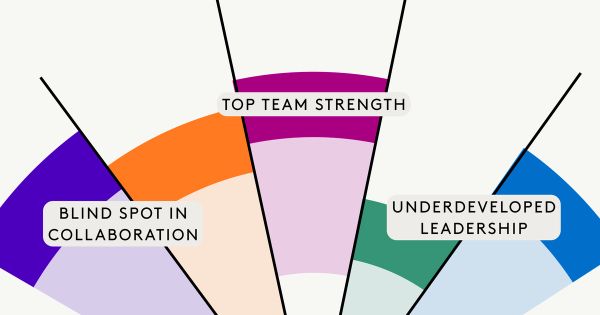Why Character Qualities matter in recruitment

The cost of making the wrong decision when it comes to recruitment outweighs the cost of getting it right. We explore how companies can identify ‘person fit’ based on character.
When you know, you just know right? Some people just stand out, they have that ‘thing’ the intangible quality that makes you believe they are the right person for you. When it comes to friendships, maybe even relationships, this can be a positive thing - that initial instinct about a person, that makes you want to find out more. When it comes to recruitment, it is a different story – there needs to be a more robust, reliable, and fair process when it comes to decision-making.
In CIPD ‘A head for hiring. The behaviour science of recruitment and selection’ the report outlines: ‘the recruitment process relies on human decisions, of candidates as well as recruiters. And, as behavioural science has continually highlighted, our decision-making is much more prone to sloppy thinking and bias than we would like to believe.’
If someone stands out, it may be they are the ‘right’ or ‘best’ person for the job – or could it be a reinforcement of your own biases, such as: ‘Affinity bias’s which ‘leads people to like those who are similar to them or someone they know. Or status quo bias which ‘may cause employers to feel more comfortable to look for candidates who are similar to candidates they have hired before.’ Interestingly the same report highlights the ‘endowment effect’ which may lead managers to ‘value skills and characteristics of current staff disproportionately: possibly blinding them to the benefits of other characteristics.’ (1)
The cost of making the wrong decision when it comes to recruitment far outweighs the cost of getting it right. Steve Jobs believed that hiring was the most important thing he did. He managed all the hiring for his team; never delegating it. He personally interviewed over 5,000 applicants during his career. (2)
Good recruitment does not start with when a job gets advertised, it starts when companies take the time to understand themselves. They need to be honest with themselves about the skills and characteristics they really need. A recent REC report found ‘UK businesses are failing to find the right person for two out of five roles.’ (3)
As a result, when it comes to ‘hiring the right person for the job’, more and more organisations are becoming rigorous with their recruitment processes, including extra stages of interviews, written assessments and character profiling. (4)
Through character profiling, employers can more honestly and transparently communicate the character qualities they need and start to build a more effective process to ascertain if someone has them. The CIPD states that when attracting talent to your organisation ‘clarifying explicitly what characteristics are most critical for your organisation’s culture is the first step.’ They recommend that practitioners explicitly list employee characteristics that the organisation needs and commit to only evaluating candidates on these characteristics when it comes to ‘fit’.
At Entelechy Academy we believe character profiling is one of the most important parts of the recruitment journey. It provides the ability for employers to understand not just what candidates know, but who they are.
We support employers to understand how to assess character, develop their people and communicate their verified character qualities. If you are interested in finding out more get in touch, after all, it’s who we are that counts.
You may also like

Summer Break: A Guide for Graduates

